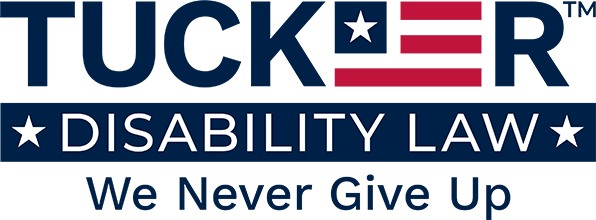VA’s regulation that allows veterans to be paid Total Disability due to Individual Unemployability (often abbreviated TDIU), 38 C.F.R. §4.16 requires VA to consider a veteran’s education and past work history. Among other things, the VA has to factor in the veteran’s “employment history, educational and vocational attainment.”
VA must properly assess a veteran’s education
VA has an obligation to properly determine the veteran’s past educational leval. Hatlestad v. Derwinski, 1 Vet.App. 164, 170 (Vet.App. 1991). If the Board of Veterans Appeals fails to properly assess the level of a veteran’s education, its decision to deny TDIU benefitis can be vacated and remanded by the Veteran’s Court. Sheed v. Derwinski, 2 Vet.App. 255, 261 (Vet.App. 1992).
How does education factor into Unemployability?
The length and type of education someone received directly impacts the skills they have to do work. A person with an elementary school education will have different abilities that someone with a four–year college degree. The law requires VA to assess how much education a veteran has and to determine what subjects and depth of knowledge the veteran has. Knowing that information is necessary to do the vocational analysis to see how prepared the veteran is for doing different types of jobs.
For example, a brief stint in college will impact a veteran’s skills differently than getting a degree. In one case, the Board of Veterans Appeals exaggerated the facts in the case about the veteran’s education when it found that he had “attended college for approximately one year.” Instead, the evidence clearly showed that the veteran attended a community college for a full term, but he only took two typing courses. The Veterans Court remanded the case to the Board to reevaluate the veteran’s claim for individual unemployability in light of the level of education he actually attained.
How does employment history and “vocational attainment” impact Unemployability?
Similar to education, the work a veteran has done in the past allowed them to acquire skills that they might be able to use in other work. For example, someone who worked as a flight mechanic for years would be qualified to work on airplane engines, but a person who never did anything but office work would not. VA has a duty to properly determine what a veteran had done in the past so it can determine what skills the veteran acquired from those jobs.
Another aspect of working is tied to on-the-job training and skills courses that people attend related to their job. These provide a knowledge based in the same way that college teaches skills and gives someone abilities to know how to do certain aspects of job. If VA does not properly evaluate a veteran’s past work, it cannot determine the veteran’s skills and ability to do work.
A veteran’s skills from education and work must be evaluated based on their disabilities
Someone can have all of the education in the world, but if the limitations and restrictions from their disabilities prevent them from doing the work they are trained to, they must be found disabled. Education and acquired work skills can limit a veteran’s abilities by themselves. They may not have a great level of skills, because of limited education or a limited work background. VA must consider those limitations in conjunction with the veteran’s physical and mental disabilities. Failure to properly evaluate all of those factors is an error on the part of the VA.







